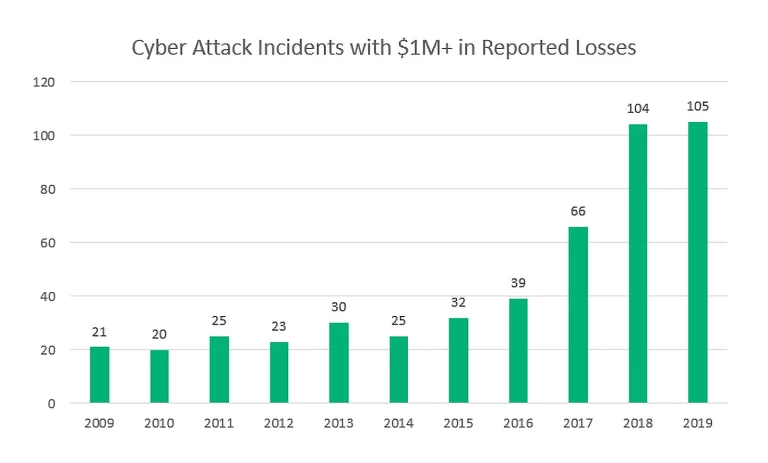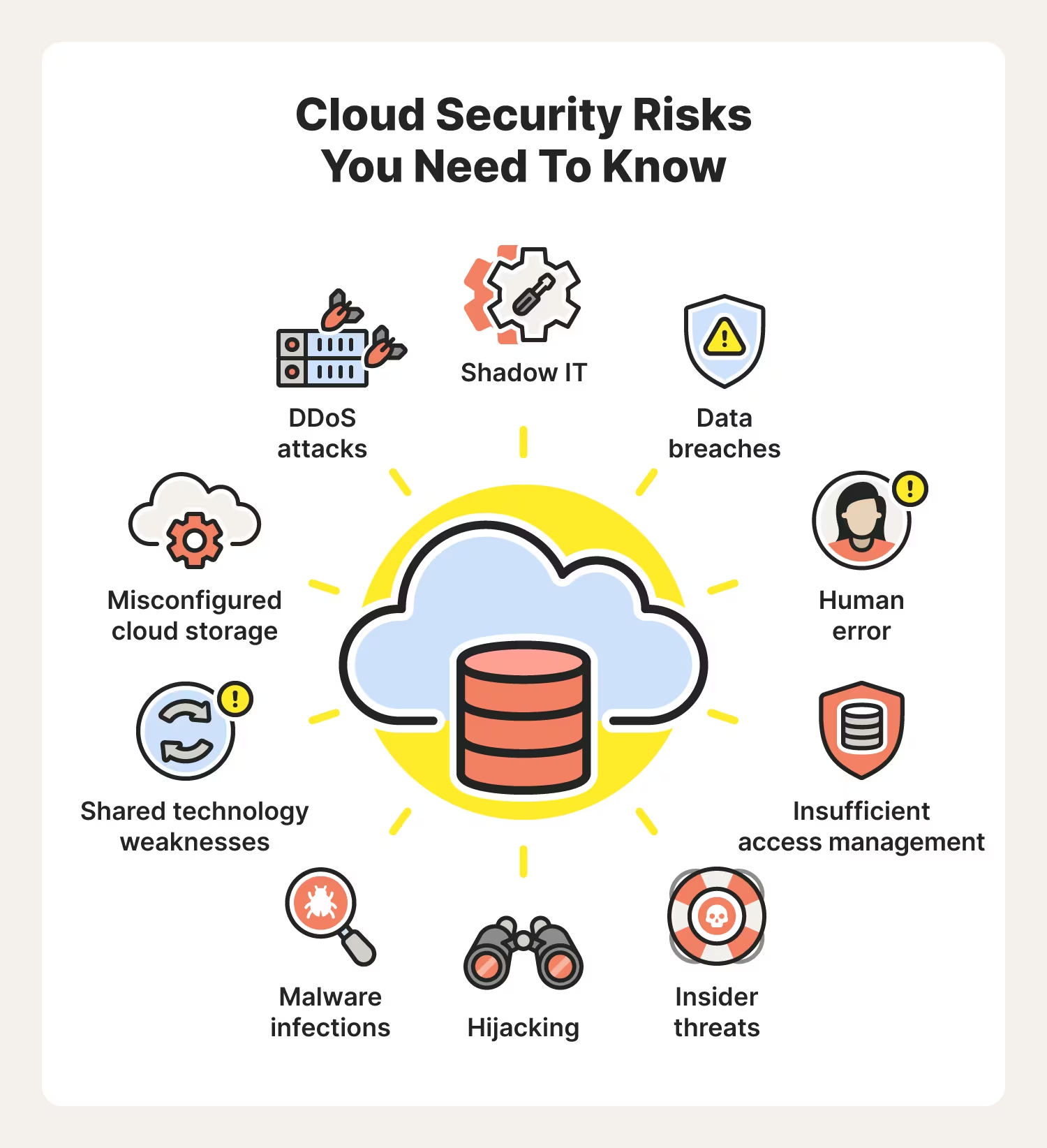The Cybersecurity Implications of Blockchain for Enterprise
Blockchain might be best known as the technology that underpins cryptocurrencies, enabling their entire existence. But there’s a lot more going on with blockchain — and value in it — than just Bitcoin and the like.
For example, think about the cybersecurity implications of a permanent, dispersed ledger. Proof of who is in your systems, what they are accessing and what they’re changing. Blockchain technology is not a cybersecurity solution that many enterprises have in mind, but it’s worth talking about.
What is Blockchain?
Blockchain technology is a distributed and decentralized ledger system that can record transactions between different computers. Human error remains one of the leading causes of data breaches. However, blockchain fully automates data storage, so it reduces the human element in these data storage systems.
Any sector or industry can utilize blockchain. This is because any kind of digital asset or transaction, not just those involving cryptocurrencies, can be inserted into the blockchain. Blockchain is a reliable cybersecurity protocol due to its ability to indicate any foul play and provide certainty in the integrity of transactions.
Blockchain technology is centered around transparency of transactions, not privacy or confidentiality, as many people assume. The security of blockchain lies in the integrity of transactions, not its privacy.
How Blockchain Can Improve Enterprises Security
Blockchain has a range of useful applications for enterprises looking to enhance their overall level of security.
Securing DNS: An intact Domain Name System (DNS) is very centralized, making it an ideal target for hackers who infiltrate the connection between the IP address and the name of a website. This attack makes a website inaccessible, cashable, and even redirectable to other scam websites.
Fortunately, enterprises can use blockchain to diminish these kinds of attacks by decentralizing the DNS entries. By applying decentralized solutions, blockchain removes the vulnerable single points exploited by malicious hackers.
Decentralizing Medium Storage: Data hacks and theft are a primary concern for organizations. Most companies still use the centralized form of storage. To access the entire data stored in these systems, a threat actor simply needs to exploit a single vulnerable point. This kind of attack leaves sensitive and confidential data, such as financial or health records, in the possession of a criminal. This data can then be used for all sorts of criminal activities, including phishing attacks, fraud, and extortion.
Blockchain, however, protects sensitive data by ensuring a decentralized form of data storage. This mitigation method would make it harder – and even impossible – for hackers to compromise data storage systems. Many storage service companies are now looking at ways blockchain can protect data from hackers.
Locking Down Software: Enterprises can also use blockchain to ensure the integrity of software downloads to prevent intrusion from hackers. Just as MD5 hashes are utilized for better security, blockchain can be applied to verify activities, such as firmware updates, installers and patches.
When it comes to MD5, new software identity is compared to hashes available on the vendor websites. The problem is that this method is not completely foolproof as the hashes available on the provider’s platform may already be compromised.
The benefit of using blockchain is that the hashes are permanently recorded in the blockchain. The information recorded in the blockchain technology is not changeable, which means the technology may be more efficient in verifying the integrity of software by comparing it to the hashes on the blockchain.
Verification of Cyber-Physical Infrastructures: Data tampering, systems misconfiguration, and component failure all threaten the integrity of information generated from cyber-physical systems. However, blockchain technology can be used to authenticate the status of any cyber-physical infrastructure.
Protecting Data Transmission: Another potential advantage of blockchain is its capacity to prevent unauthorized access to data while it’s in transit. The complete encryption feature of the technology ensures that data transmission is secured, preventing hackers from accessing it and then altering or deleting it for criminal purposes. This approach would result in a general increase in the integrity of data transmitted through blockchain.
Although blockchain is not infallible, the technology is quickly becoming one of the most foolproof forms of transaction security in the digital realm. It is designed and intended to provide information integrity assurance. If utilized well, many sectors can benefit from it and apply it to several areas of cybersecurity.
No matter how your enterprise uses blockchain, the key component of this technology is its ability to decentralize. This feature removes the single target point that malicious actors are looking to compromise. As a result, it becomes impossible for hackers to infiltrate systems or sites whose access control, data storage, and network traffic are no longer in a single location.
Cyberlocke is a comprehensive, full-service IT services provider that architects and implements efficient and secure solutions for enterprise customers and their data centers. We specialize in security, cloud, managed services, and infrastructure consulting. Contact Us today to learn more.


